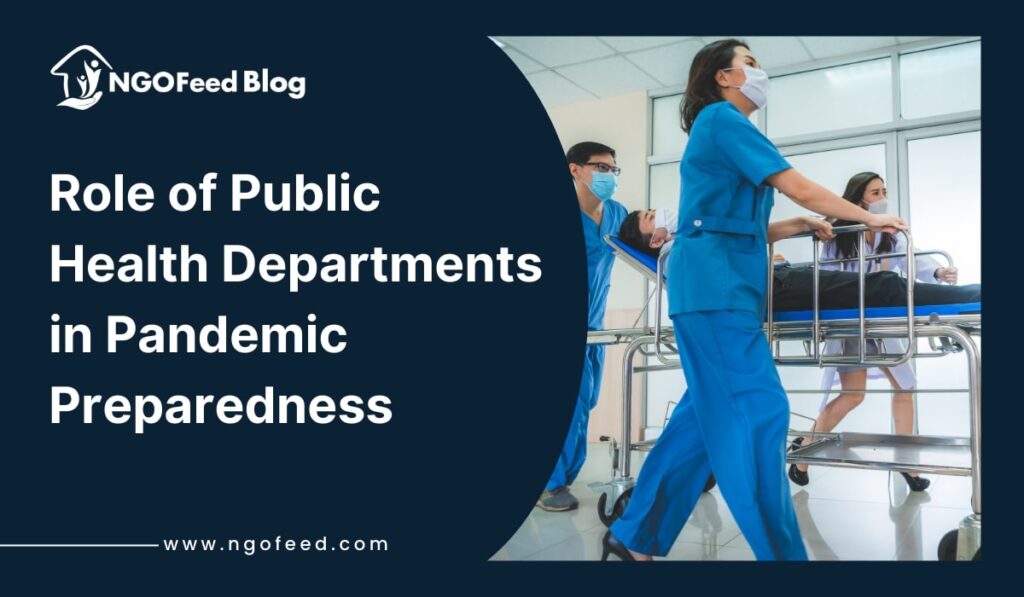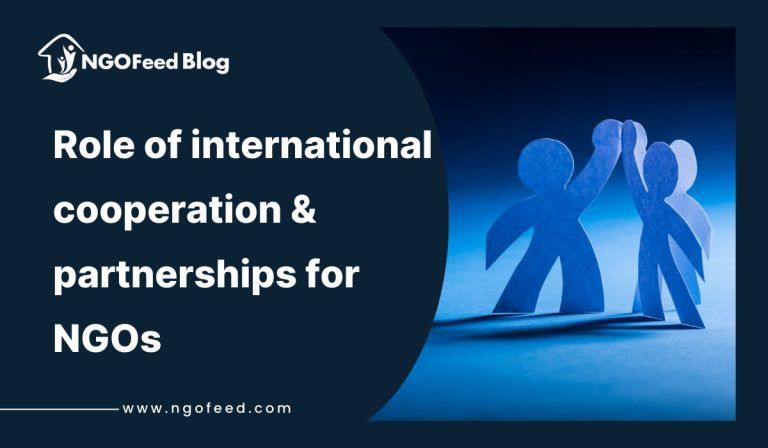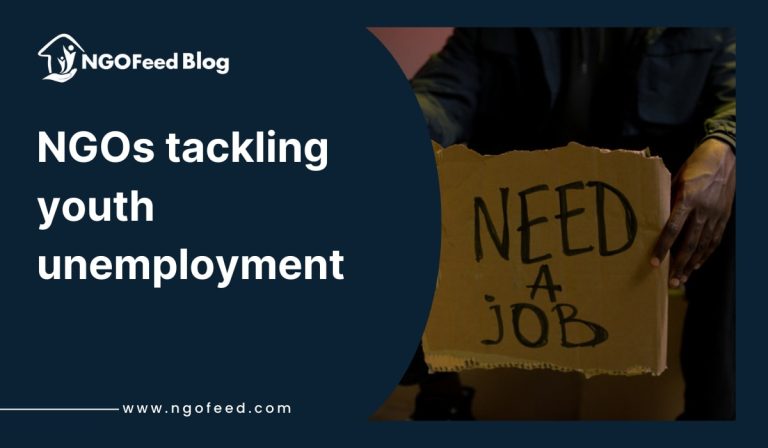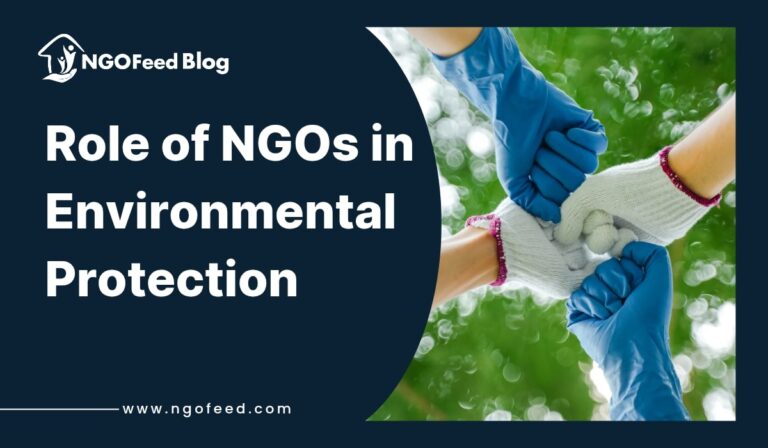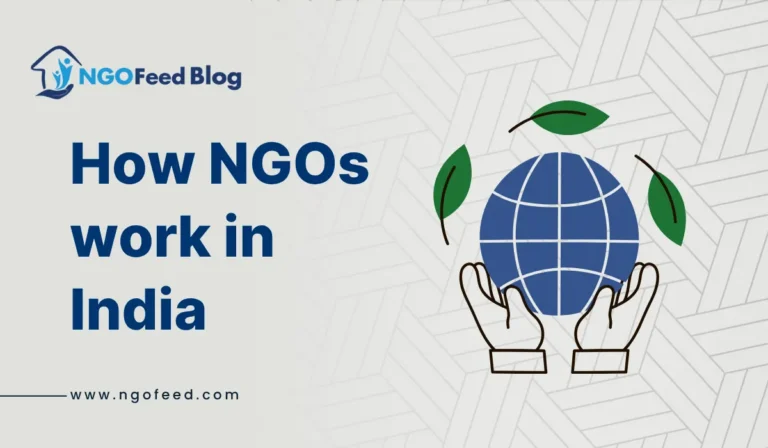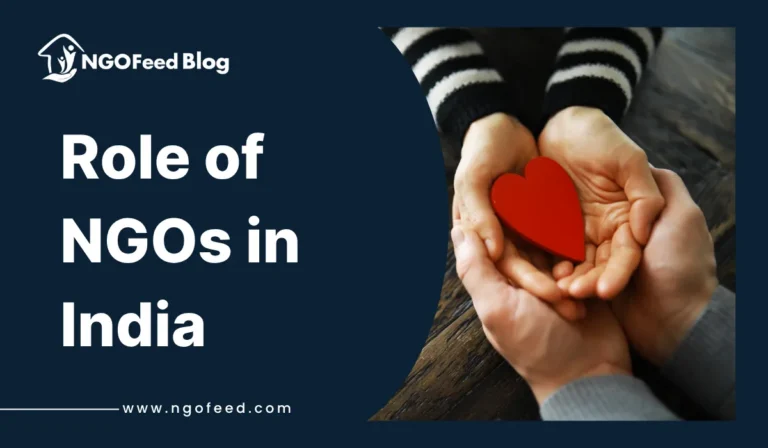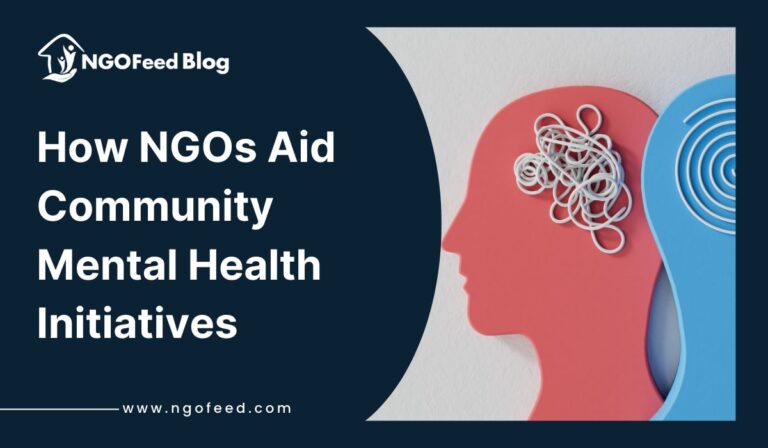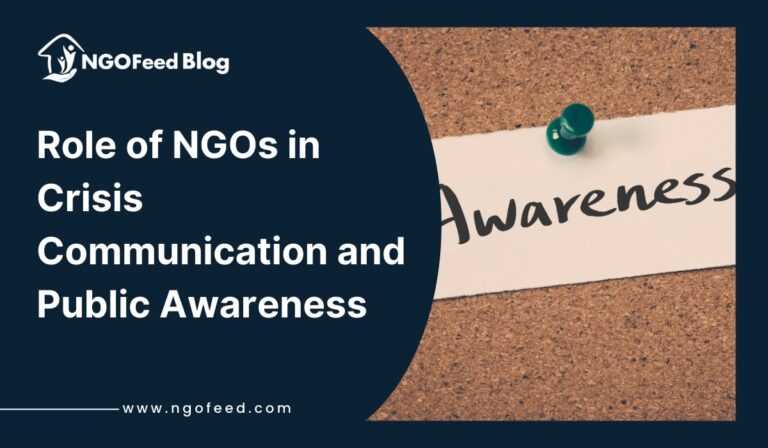Role of Public Health Departments in Pandemic Preparedness: Any government in its capacity to prepare, respond to and recover during the event of pandemics involves the role of the public health departments. These departments serve as the first responders regarding outbreaks of infectious diseases to oversee health patterns, emergency response and preventive strategies. Their efforts have made sure that the healthcare systems do not go out of service, the right information is shared with the people and the vulnerable communities are taken care of and safeguarded in time.
In the recent health crisis faced by the world, like COVID-19, it became apparent that a strong public health infrastructure has a significant role to play. Disease surveillance, testing, vaccination drives, contact tracing and community awareness campaigns are in the hands of the public health departments. They also liaise effectively with hospitals, research institutions and NGOs in order to have a concerted and efficient response. They ensure governments contain the outbreaks before turning into a mass crisis by keeping early warning systems and emergency preparedness plans.
To the NGOs and civil society organisations, the association with the public health departments is important. Such alliances can be used to reach remote locations with healthcare and reinforce risk communications, but leave vulnerable groups behind. NGOs can also be used in a complementary way, through increasing awareness, recruiting community volunteers, and taking care of social determinants of health.
In the era of pandemics as a threat to not only the medical but also the social and economic welfare of the population, it is necessary to reinforce the public health departments. Their leadership, the involvement of communities and the cooperation of the NGOs are all the pillars of effective, resilient, and inclusive pandemic preparedness.
Also Read: WHO Global Nutrition Targets 2025
Table of Contents
What is the Role of Public Health Departments in Pandemic Preparedness?
The health departments are playing a significant role in the community in safeguarding against outbreaks of diseases and ensuring the well-being of the overall population. They are the foundations of the health security system of a country, charged with the responsibility of preventing, detecting and responding to threats to the health of the population before they escalate into general calamities.
Basic duties of Public Health Departments:
- Disease Surveillance: This is the surveillance and tracking of the spread of infectious diseases in order to give an early warning.
- Health Education and Promotion: Organising awareness campaigns on hygiene, vaccination and preventive care.
- Policy Implementation: The enforcement of health regulations, quarantine, and the necessity to vaccinate the population.
- Emergency Response Coordination: Collaborating with the hospitals, labs, and state agencies to cover outbreaks.
Another important role played by the public health departments is the collection and analysis of data to aid policy makers and resource allocation. They support prompt and evidence-based reactions in times of emergency by having dependable health information systems.
Also Read: WHO Mental Health Action Plan to 2030 & Beyond
In the case of NGOs, it is critical to learn how the public health departments operate to work together. NGOs can be used to reach isolated or underserved communities, aid in data collection, and create awareness on prevention and care.
Finally, public health departments are the intermediary between the fields of science, policy, and action, and it is the responsibility of the health department to guarantee that the health systems are stable, responsive, and inclusive, particularly during pandemics or an outbreak of a new health threat.
Key Functions in Pandemic Preparedness
The role of pandemic preparedness is played by the public health departments, whereby countries are prepared to prevent, detect, and respond to the outbreak of infectious diseases. They are important in ensuring the health of the people since they work across the board in early warning systems to level interventions at the community level.
Pandemic preparedness encompasses core functions that comprise the following:
- Surveillance and Early Detection: Detecting patterns of diseases, reporting suspicious outbreaks, and preventing the spread of infections by using data.
- Testing and Diagnostics: The establishment of laboratories, the organisation of a massive test, and the timely identification of cases to inform the actions.
- Vaccination and Immunisation Programs: organising and carrying out vaccination campaigns to achieve herd immunity and immunise vulnerable populations.
- Risk Communication and Public Awareness: Delivery of correct information to the people and clearing of myths, and encouraging preventive measures like social distancing and hygiene.
- Resource Planning and Coordination: Making sure that the hospitals, medical staff, and basic supplies are available in case of surge capacities in cases of health emergencies.
Why This Matters for NGOs:
- The NGOs can assist the health departments to mobilise the population, access communities and rural areas and assist in vaccinating or creating awareness campaigns.
- Partnership will make pandemic preparedness all-inclusive; it will meet the needs of marginalised groups who might not have access to healthcare.
Through these functions, the overall result of the public health departments is that the immediate effects of a pandemic are reduced, besides enhancing the resilience of the health system in the long term, which prepares the community in case of a health emergency in the future.
Also Read: Role of WHO in Healthcare
Collaboration with NGOs and Other Stakeholders
Close collaborations between NGOs, civil societies and other stakeholders and the public health departments are important in preparing the country in the event of a pandemic. These partnerships make health interventions more effective, reachable, and inclusive, particularly in times of massive outbreaks.
Methods of NGO cooperation with Public Health Departments:
- Community Outreach: NGOs are used to share information, educate communities about preventive actions, and motivate people to vaccinate or get their tests.
- Empowering Vulnerable Populations: NGOs are known to identify and support marginalised groups of people so that the emergency responses are not unequal or exclusive.
- Logistical Support: NGOs can also contribute to the establishment of temporary clinics, the supply of medical materials, and volunteer recruitment to work in the fields.
- Information Gathering and Feedback: NGOs can offer information on the ground and track the progress of interventions, which will assist public health departments in making plans more adaptive.
- Advocacy and Policy Support: NGOs would offer expertise and advocate for community-oriented policies that enhance pandemic response and preparedness.
The Rationale behind this Partnership:
- Partnerships create the gap between government-led initiatives and community requirements.
- NGOs enhance the level of public health messages, and hence make campaigns effective and culturally sensitive.
The collaboration of the NGOs and the public health departments can make sure that the interventions will be timely, targeted, and inclusive to prevent the social and health consequences of pandemics.
A coordinated and community-based response developed by the partnership of civil society and public health departments is a strong, well-organised, and well-coordinated approach that is critical to reducing the impacts of both present and future health disasters.
Building Resilient Health Systems for the Future
Pandemic preparedness is not focused on responding to crises at hand, but it involves the establishment of resilient health systems that are capable of responding to future public health crises. Building infrastructure, the capability of the workforce, and community empowerment will enable countries to be in a good position to contain outbreaks and safeguard the vulnerable.
Also Read: The Role of UNICEF in Menstrual Health and Hygiene
Strategic Leadership in Health Systems to Thrive:
- Capacity Building: Preparation of NGOs healthcare professionals, public health workers and emergency responders to control outbreaks.
- Development of infrastructure: funding of hospitals, labs, surveillance, and supply chains so that there can be quick and effective responses.
- Integrated Health Services: It is the alignment of all three levels of care, primary, secondary and tertiary care, in order to deliver a seamless health care service in case of emergencies.
- Community Engagement: Build capacity to engage communities to be active contributors in preventive activities and emergencies through equipping them with knowledge, resources and support.
- Policy and Governance Strengthening: Formulating definite plans, emergency plans, and resource allocation plans that ensure continuity of care during a crisis.
Why This Matters for NGOs:
- One way in which NGOs can help in the long-term capacity building is through training, conducting awareness programs, and supporting local health programs.
- Working with NGOs will make the process of system strengthening inclusive, context-specific and fair, and will target remote or marginalised populations.
The partnership of NGOs and civil society will help the public health departments to develop strong, flexible, and community-based health systems by concentrating on these strategies. These systems alleviate the effect of pandemics as well as enhance the health of the entire population, resilience, and sustainable growth.
Also Read: Role of UNICEF in Education – UNICEF’s Efforts in India
Frequently Asked Questions (FAQs)
1. What are the roles of the public health departments during a pandemic?
The prevention, detection, and response to the outbreak of infectious diseases requires the public health departments to monitor the health trends, host an emergency response, and provide preventive actions.
2. What is the preparation of the public health departments with regard to pandemics?
They also undertake disease surveillance, testing, vaccination programs, risk communication and resource planning to have timely and effective responses to the outbreaks.
3. What roles do NGOs play in cooperating with the public health departments?
NGOs promote community outreach, help vulnerable communities, offer logistical assistance, gather field data and help in advocacy of inclusive health policies.
4. Why is community engagement relevant in pandemic preparedness?
The involvement of communities makes health interventions culturally aware, favourable, and accessible to everyone, even the marginalised and remote communities.
5. What can resilient health systems do to minimise the effects of pandemics?
Well-trained staff, good infrastructure, integrated services, and emergency plans will provide a rapid response to outbreaks to reduce health, social and economic effects.

